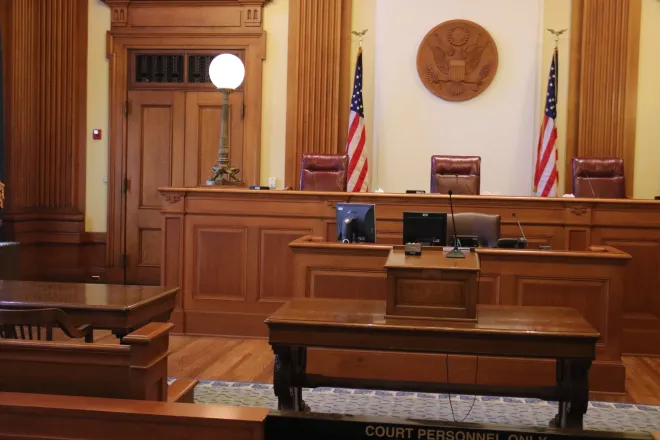
EarthTalk – Of the remaining Democrat candidates, who is the greenest?
© iStock
Dear EarthTalk:
As we get into the throes of the Democratic primaries, which of the remaining contenders are actually the greenest?
C. Benton, St. Louis, MO
Each of the remaining Democratic candidates has plenty of environmental cred—especially compared to Donald Trump. Frontrunner Bernie Sanders has been a backer of the omnibus Green New Deal, which calls for 100 percent clean energy by 2040 and net-zero greenhouse gas emissions by 2045 across all sectors, including homes and buildings.
Joe Biden is a solid contender on climate and environment and has embraced the Green New Deal as a “central framework”—and as such supports efforts to get the U.S. to net-zero greenhouse gas emissions by 2050. He intends to do so by spending some $1.7 trillion in federal dollars over the next decade alongside another $3.3 trillion in investments by the private sector and state and local governments.
Tom Steyer has parlayed some $250 million in hedge fund profits into powerful Political Action Fund campaigns to oust climate-denying Congresspersons and combat the political monies being thrown around by fossil fuel magnates like the Koch Brothers. As for his plans if he’s elected, Steyer will tap into National Emergency resources to activate support for the initiatives laid out in the Green New Deal.
Meanwhile, Mike Bloomberg has quietly donated $150 million over the last decade to supercharge Sierra Club efforts to close down half the nation’s coal-burning power plants and reduce our reliance on coal as a power source from 42 percent in 2011 to under 25 percent today. Bloomberg has committed another $500 million to the next phase of the campaign which aims to retire the nation’s remaining coal plants by 2030 while also halting construction of new natural gas plants and helping get “climate champions” elected to public office.
When Washington governor and climate crusader Jay Inslee dropped out of the primary race a few months ago, Elizabeth Warren adopted his omnibus climate action plan as her own. Similar in scope to the Green New Deal (which she co-sponsored) but more inclusive of flexible solutions, the ambitious plan calls for all new buildings nationwide to be zero-emission by 2028, with all new passenger cars and trucks zero-emission and all electricity carbon-neutral by 2030.
For her part, Amy Klobuchar also co-sponsored the Green New Deal from her seat in the Senate, but now calls the plan “aspirational” rather than “prescriptive.” Nevertheless, Klobuchar’s no slouch on the environment and has pledged to rejoin the Paris climate agreement on Day One of her presidency and bring back President Obama’s clean power rules and gas mileage standards on Days Two and Three.
Pete Buttigieg also hopes to have the opportunity to implement his own ambitious climate mitigation plan aiming for nationwide “net-zero” emissions by 2050 through the expansion of clean energy jobs and domestic development of exportable green technologies. Buttigieg’s climate plan represents a scaled down version of the Green New Deal but puts an interesting twist on U.S. climate change mitigation efforts through the lens of national security and military preparedness.
Of course, if Donald Trump wins a second term, environmentalists will uncross their fingers—and throw their hopes and dreams that the 2020s will be America’s green decade out the window.

















